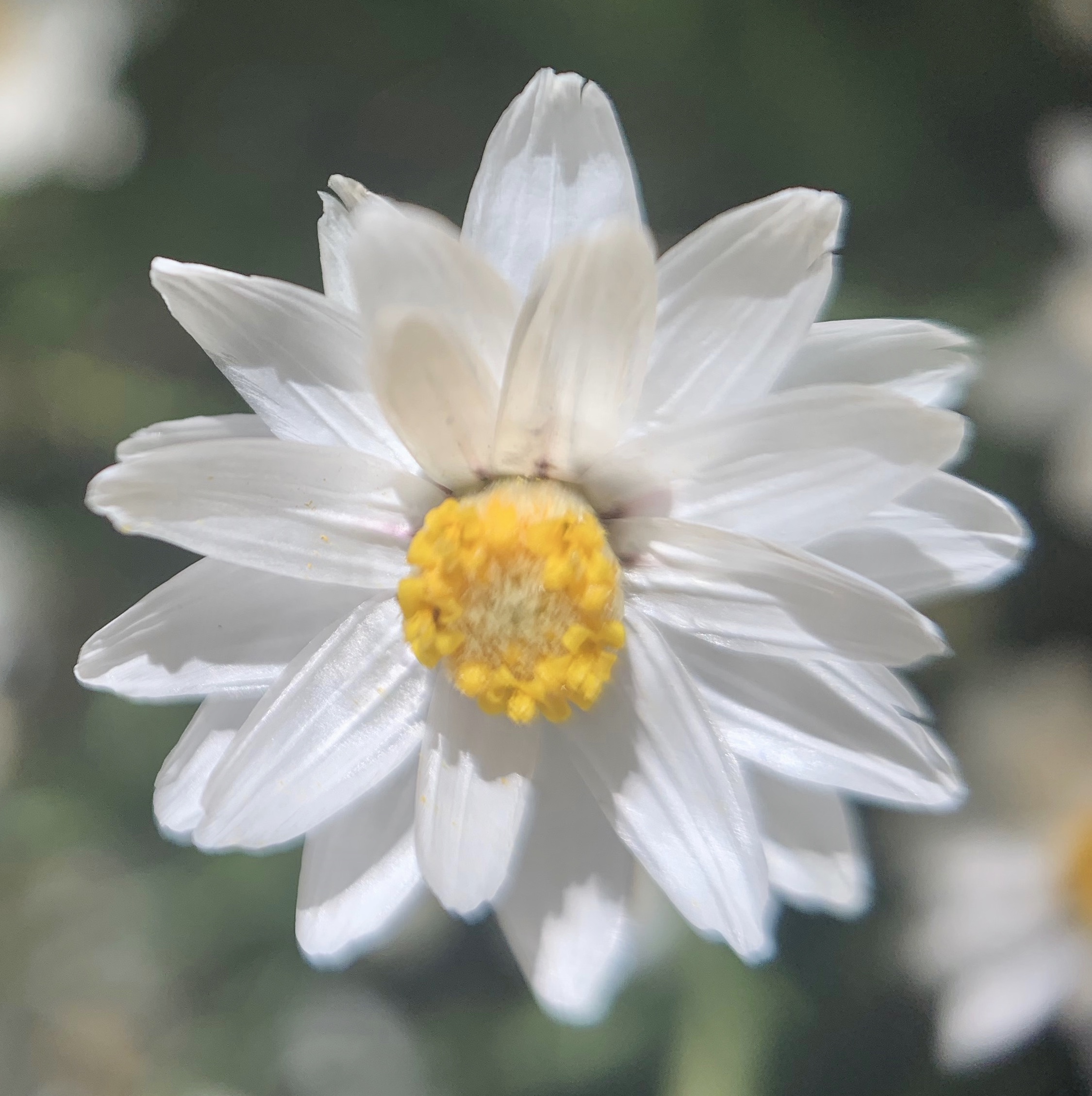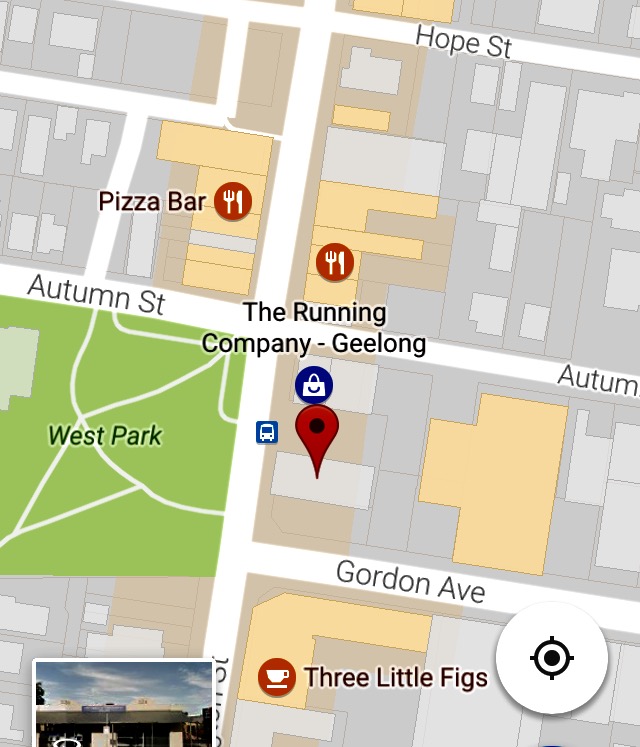Hayfever: seasonal rhinitis and bane of springtime
Hayfever Management:
Allergies:
Allergies occur as the immune system becomes sensitive to protein in the environment, such as dust mites, pollen, moulds or animal dander. Long term allergies may act to exacerbate underlying chronic conditions. Airborne allergies such as allergic rhinitis is a IgE mediated immune reaction of airborne allergens, affecting the whole respiratory system: nasal cavities, eyes, mouth, throat and lungs, and can be a severe link to asthmatic issues.
Contributing factors increase repeated or long term exposure to an allergen, other allergies, inherited patterns, exposure to smoking.
To manage allergies, you need to address the issues which are affecting tolerance of the allergen. This can mean elimination of access by allergen if possible, gradual reintroduction, and management of allergic response, along with supportive diet and lifestyle throughout.
Hayfever occurs when the immune system sees normal airborne particles as a threat, then causing the release an antibody called immunoglobulin E (IgE) to attack the threat, which creates the release of the chemical histamine, which then causes the symptoms of hayfever.
Histamine:
It may be best to look at histamines as your body’s messenger that is sending out a signal that something is not right. Histamine is predominantly stored in mast cells. In times when there are high pollens in the air, we can expect our response to mast cells to increase. Longterm high histamine issues can make us hypersensitive, sensitive to everything (sounds, smells, pain). It can lead to excessively painful periods or very poor pain threshold. There is often oedema and puffiness around the body.
Symptoms of hayfever:
- Sneezing, nose running, or blocked, loss of sense of smell due to inflammation
- Sinus symptoms: headaches, pressure and pain in the sinus areas
- Itchy eyes, sore closed throat, itching, ear infections
- Fatigue, irritability, confusion, stomach cramps, digestion disturbances
Management Plan:
- Decrease: processed foods, carbs or sugars, no gluten, grains, soy, dairy to avoid increased mucous production. Be aware of allergenic foods, and reactions to some alcohols
- Increase: foods high in bioflavonoids, phytonutrients and antioxidants
- Use allergy covers and air purifier in home, if possible remove carpet, curtains.
- Fasting or Intermittent Fasting can be effective as a method of reducing gastrointestinal inflammation, and reduction of antigenic load.
- Exercise: avoid going outside during high allergy load days.
- Sleep: prioritise getting enough good restful sleep. Aim to be in bed for 8-9 hours, in order to get 7-8 hours of sleep.
- Mould: be aware of potential mould issues, with old carpets, curtains, older houses, but even new houses can harbour damp leading to mould.
Vitamins and other nutrients:
- Quercetin and bromelain can reduce allergic reactions through inhibition of histamine release
- Vitamin C can reduce histamine levels by 38% at 2g/d for at least two weeks, if depleted
- Zinc is good for supporting immune balance and infection support (be aware of copper ratio)
- Specific probiotics can be useful for supporting gut health and clearance
- SAMe can be helpful to allow the methylation cycle to work efficiently, low dose, long term.
- Flavonoids (quercetin, rutin, hesperidin) reduce inflammatory symptoms, with vitamin C.
- Herbs such as Perilla, Baical Skullcap and various others support anti-inflammatory and anti-allergic actions.
Whilst most people will tend to just reach for an anti-histamine and nasal corticosteroid spray, this is not an effective long term proposition. Starting a plan of action before hayfever season commences is a good management tactic, as you can reduce the response so that it does not take over. If possible, eliminating access, then taking regularly increasing de-sensitising drops, to build up tolerance over time can be effective. In the meantime, managing with nutrients and herbs also is a supportive and effective management technique.
Please book in to see me to discuss your allergy issues.
EA
10/11/22



